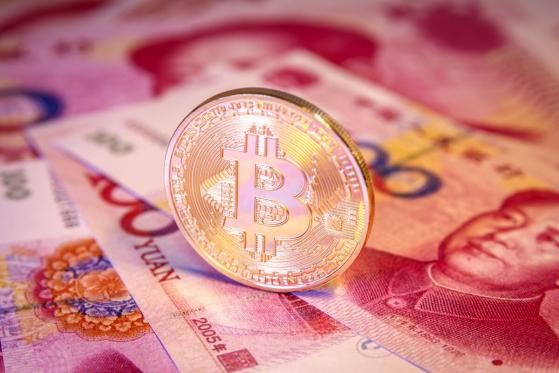If the People’s Bank of China is to be believed, the Bitcoin market in the country has been obliterated without any significant fallout in the economy.
“The timely moves by regulators effectively fended off the impact of sharp ups and downs in virtual currency prices and led the global regulatory trend,” said Zhang Yifeng, a blockchain analyst for the Zhongchao credit card development company.
The Chinese central bank reported that the trading of Bitcoin in Chinese renminbi has fallen to less than 1% of the global trade, compared to a whopping 90%. This may be a result of the country’s drive to get rid of cryptocurrency activity, a bold move by the government that has resulted in the exodus of some multi-billion-dollar exchanges.
Binance and OKCoin - now known as OKEx - packed their bags and shipped off to Hong Kong, later opening shops in Malta, a small European nation that aims to be a blockchain hub for the world.
There’s also Huobi, a crypto exchange founded in 2013 that quickly became the third-largest in the world. It has found refuge in Singapore, another small nation that shares Malta’s aspirations, but for Asia.
All in all, it is hard to contradict the People’s Bank of China’s report. Finding any activity involving RMB/BTC trading is like looking for a needle in a haystack.
None of the major exchanges in the world have any RMB pairs with any cryptocurrency. The market for this particular fiat combination may be dead after all.
However, that doesn’t mean that the PBoC managed to stop all Bitcoin trading in China. There are still many people using peer-to-peer methods to get their hands on coins and many who use ex-Chinese exchanges to smuggle crypto coins into the mainland.
As long as China does not crack down on individual trading, it is safe to assume that the local market - just like many other grey and black markets in the mainland - will stay strong.
This article appeared first on Cryptovest
